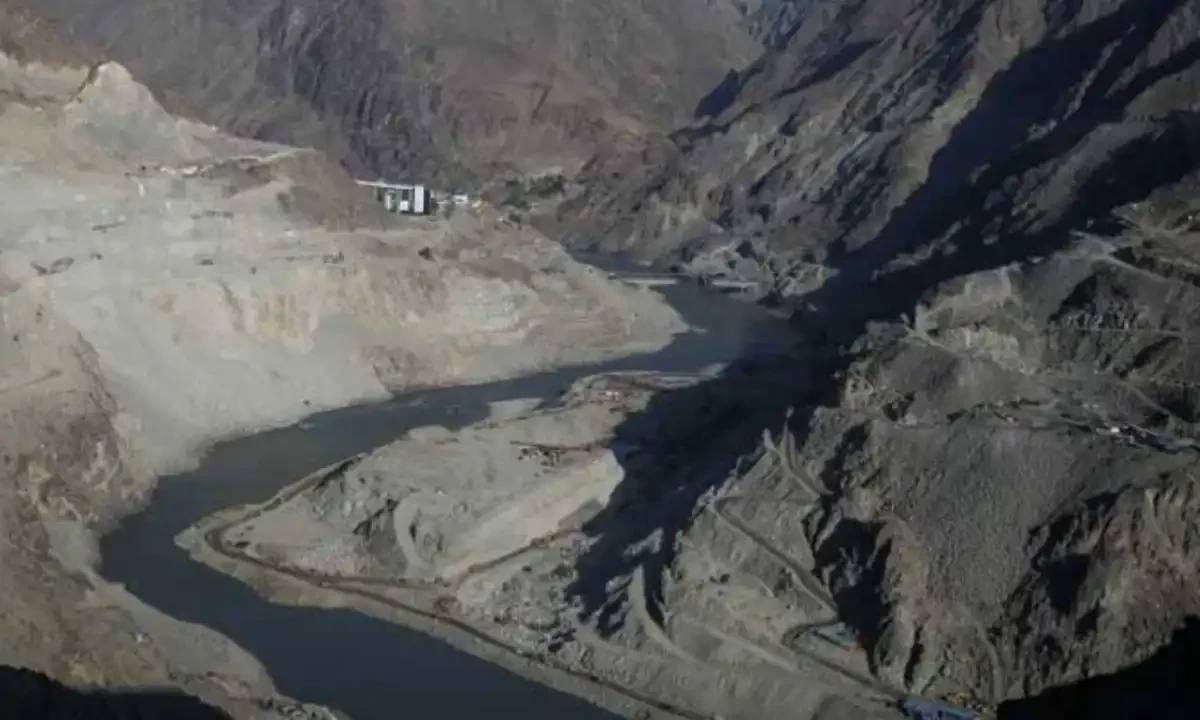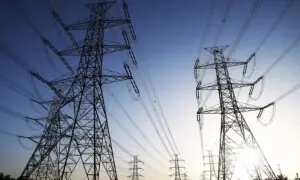What is reality of Indus Water Treaty between Pakistan, India?
2 min readThe Indus Waters Treaty (IWT) is an agreement between India and Pakistan, brokered by the World Bank, that outlines the distribution and usage of water from the Indus River and its tributaries in 1960.
It is considered one of the most successful water-sharing agreements in the world and has stayed in place even during times of conflict between the two countries.
Key points
The river system has six major rivers.
-
India was given the rights to use the water from the three eastern rivers – Ravi, Beas, and Sutlej.
-
Pakistan was given rights to the three western rivers – Indus, Jhelum, and Chenab.
The total water of the Indus Basin is distributed roughly as follows:
-
India: 33 million acre-feet (MAF) of water from the Eastern Rivers (Ravi, Beas, and Sutlej).
-
Pakistan: 67 MAF of water from the Western Rivers (Indus, Jhelum, and Chenab).
-
The treaty allows each country to use its rivers for farming, drinking, and electricity, but they must follow certain rules so that one country’s use does not harm the other.
-
If there’s a disagreement, the treaty describes step-by-step ways to solve the problem peacefully, including asking for help from experts or international bodies like the World Bank.
-
Disputes must be resolved peacefully, starting with bilateral discussion, then neutral experts, and finally, arbitration, with World Bank support.
-
India can build dams, canals, and other infrastructure on the Eastern Rivers, but the treaty limits India’s ability to interfere with the flow of water in the Western Rivers.
-
Similarly, Pakistan has the right to use the waters of the Western Rivers freely, but any projects that affect these rivers must be coordinated with India to prevent damage to the existing water flow.
Exit of India or Pakistan from Treaty
- India cannot legally exit the Indus Waters Treaty (IWT) unilaterally.
- The IWT does not contain a formal withdrawal or exit clause. This means neither India nor Pakistan can unilaterally walk away from the treaty without violating international law.
- If India unilaterally revokes the treaty, it could violate international law, particularly the Vienna Convention on the Law of Treaties (1969), which states that a country cannot simply withdraw from a treaty without a valid legal basis.
- However, it can politically maneuver to make water-sharing more challenging for Pakistan.
For the latest news, follow us on Twitter @Aaj_Urdu. We are also on Facebook, Instagram and YouTube.


























Comments are closed on this story.